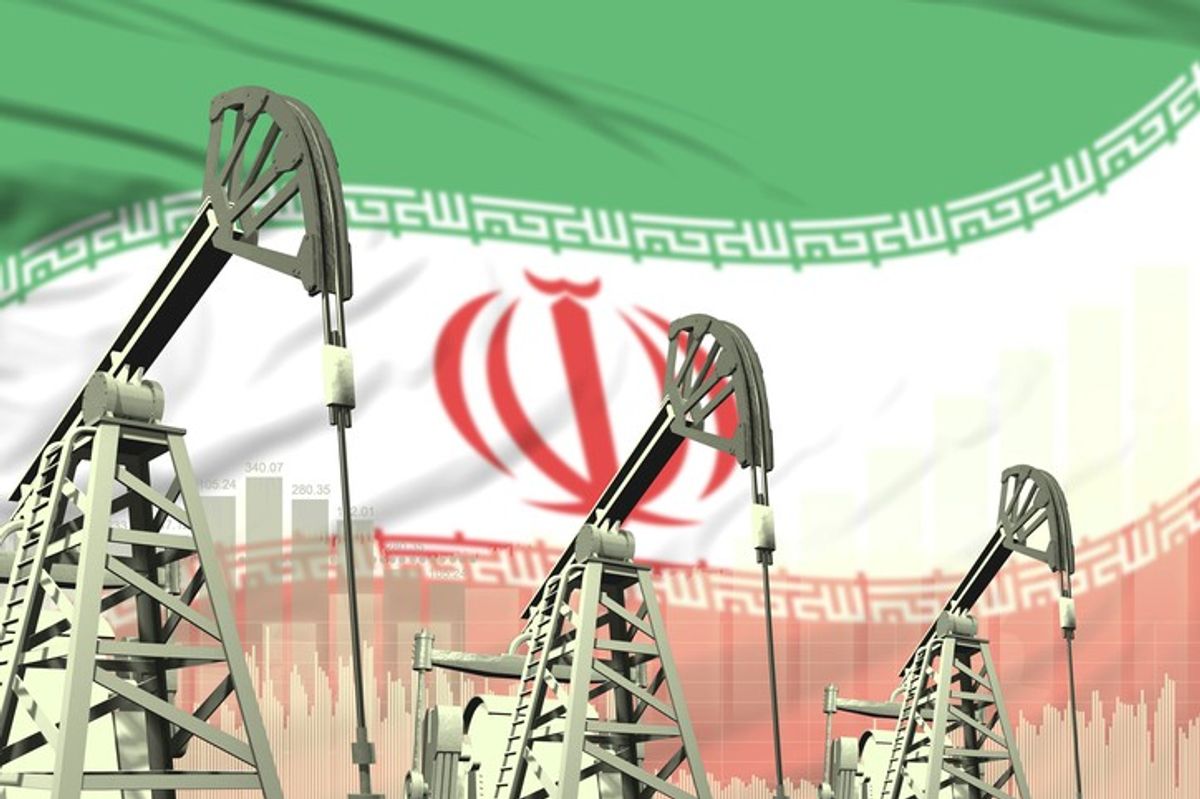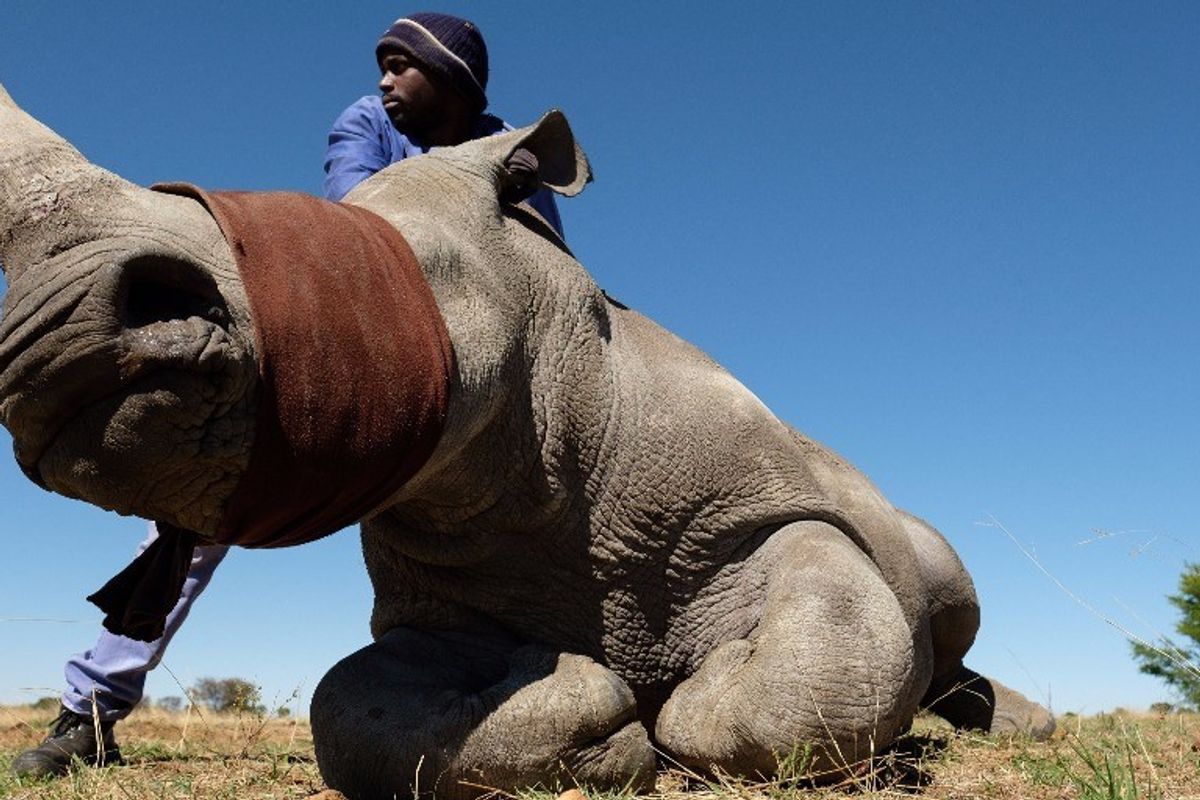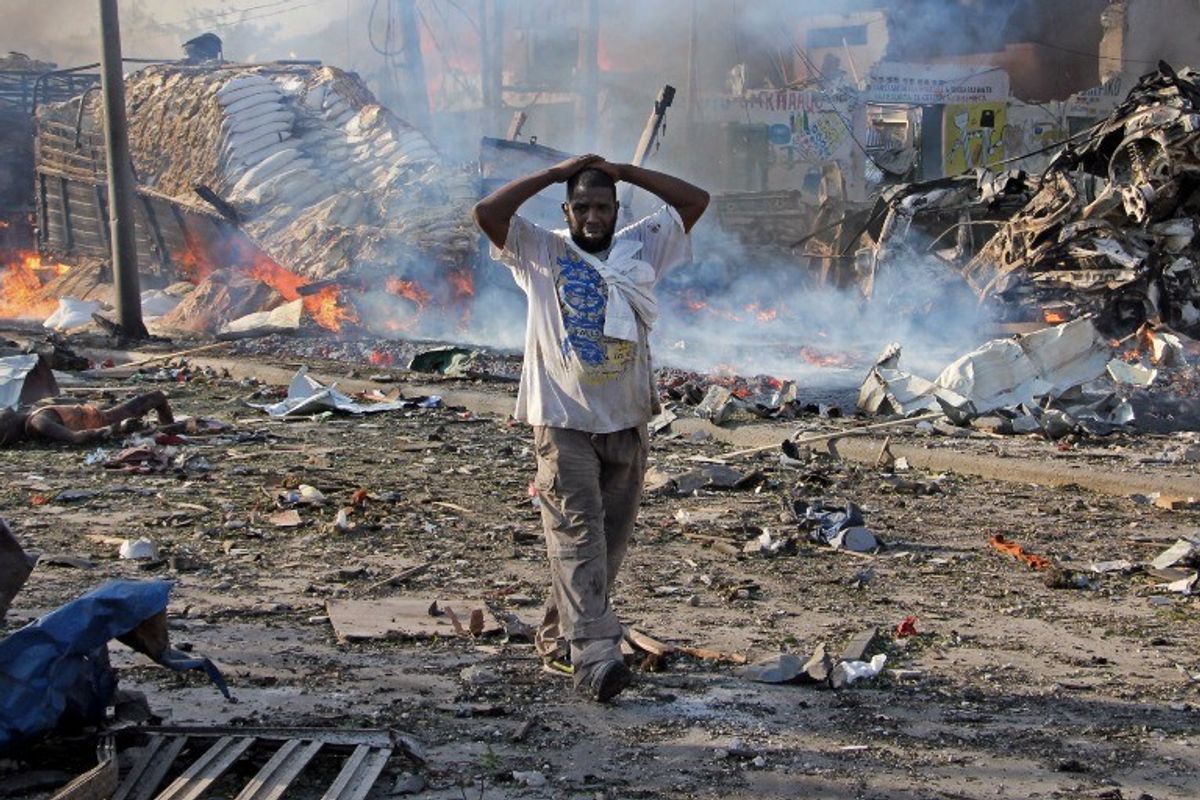Rwandan President Paul Kagame’s January 1 announcement that he will stand for a third term following the December 2015 constitutional referendum, thereby ending the two-term limit, was expected. But what does it mean for Rwanda’s future?
Some observers say that voters want continuity. Rwandans have certainly benefited from the country’s impressive economic performance since the 1994 Genocide. The economic growth rate has averaged 7.8 percent since 2000 and is projected to grow 6.5 percent in 2015. With the government’s focus on agriculture, the number of people living in poverty decreased from 59 percent of the population in 2001 to 45 percent in 2011. According to the World Bank, increased agricultural productivity, diversification into the non-farm sector, a decline in the birth rate, and increased remittances and transfers improved livelihoods. The World Bank credits the high quality of government institutions and policy (universal health care, free education to grade 9, for example), foreign aid flows that comprise 35 to 40 percent of the national budget, and avoiding a return to violence as reasons for Rwanda’s success.
Rwanda now ranks second in Sub-Saharan Africa for ease of doing business, according to the World Bank. As part of its Vision 2020 to move Rwanda into the ranks of middle income countries, the government is addressing such constraints as unskilled labor, the cost of doing business, inadequate infrastructure, Internet access, and slow project implementation. With Kenya and Uganda, Rwanda has formed a single customs territory to reduce transit times at border posts.
However, as a land-locked, agricultural economy, Rwanda remains vulnerable to factors beyond its control. They include weather and slow growth in export markets. Regional instability in neighbors Burundi and Democratic Republic of Congo or unanticipated changes in aid flows are additional challenges. In 2012-13, donors withheld aid to successfully pressure the government to end its alleged support for the M-23 rebel group in eastern Congo.
Rwanda’s political life is more problematic. Here, the legacies of the 1994 Genocide have a great impact. Reconciliation is a long term process. Because the question of ethnicity remains so sensitive, the government is quick to act against those who are considered divisive, promoters of genocide ideology, or deniers of the 1994 Genocide. A 2013 law introduced international definitions of genocide and clearer protections, but in combination with other legislation, it could still be used to limit freedom of expression.
The government’s sensitivity on ethnicity and to criticism of the senior leadership has circumscribed the space for open debate. Political parties who oppose the government find it difficult to register. In 2013, the registration of the Democratic Green Party was approved the day before candidate lists for the Chamber of Deputies were due, making it impossible for the party to present nominees. The most recent constitutional referendum took place only a week after it was announced, limiting public debate about the proposed amendment.
Rwanda’s wider opposition, which includes former senior government officials, exists abroad. So far, it is nascent, but the government’s presumed involvement in repeated attacks on a former intelligence chief and the assassination of another suggest that the Rwandan leadership views it with concern.
The limits on political discussion lead to the question of succession in Rwanda. On January 2, the United States said it was “deeply disappointed that President Kagame has announced his intention to run for a third term,” commenting that he had ignored “a historic opportunity to reinforce and solidify democratic institutions.” The European Union expressed concern over a constitutional amendment centered on a specific individual, because it could undermine the principle of democratic change in government. If President Kagame is reelected in 2017, as seems highly likely, he will be 60 years old. With no known health problems and provisions opening his way to run for reelection twice more beginning in 2024, he could remain in office until 2034. In his announcement, President Kagame said, “But I don’t think that what we need is an eternal leader.”
President Kagame’s challenge, then, is to permit new leaders to emerge. Having led the creation of what the World Economic Forum calls Africa’s most efficient government, can President Kagame prepare himself for a peaceful transfer of power? Continued economic development will bring an expanding middle class that will inevitably demand a larger space for political expression and debate. Rwanda’s international partners will want to encourage this evolution in all aspects of their diplomacy, including assistance programs. A positive indicator would be a more open, competitive election process in the local elections this year and the presidential vote in 2017. Whenever it occurs, a graceful, orderly transition will further Rwanda’s political development and its current economic success.
The opinions and characterizations in this article are those of the author and do not necessarily represent official policies of the U.S. Government.











